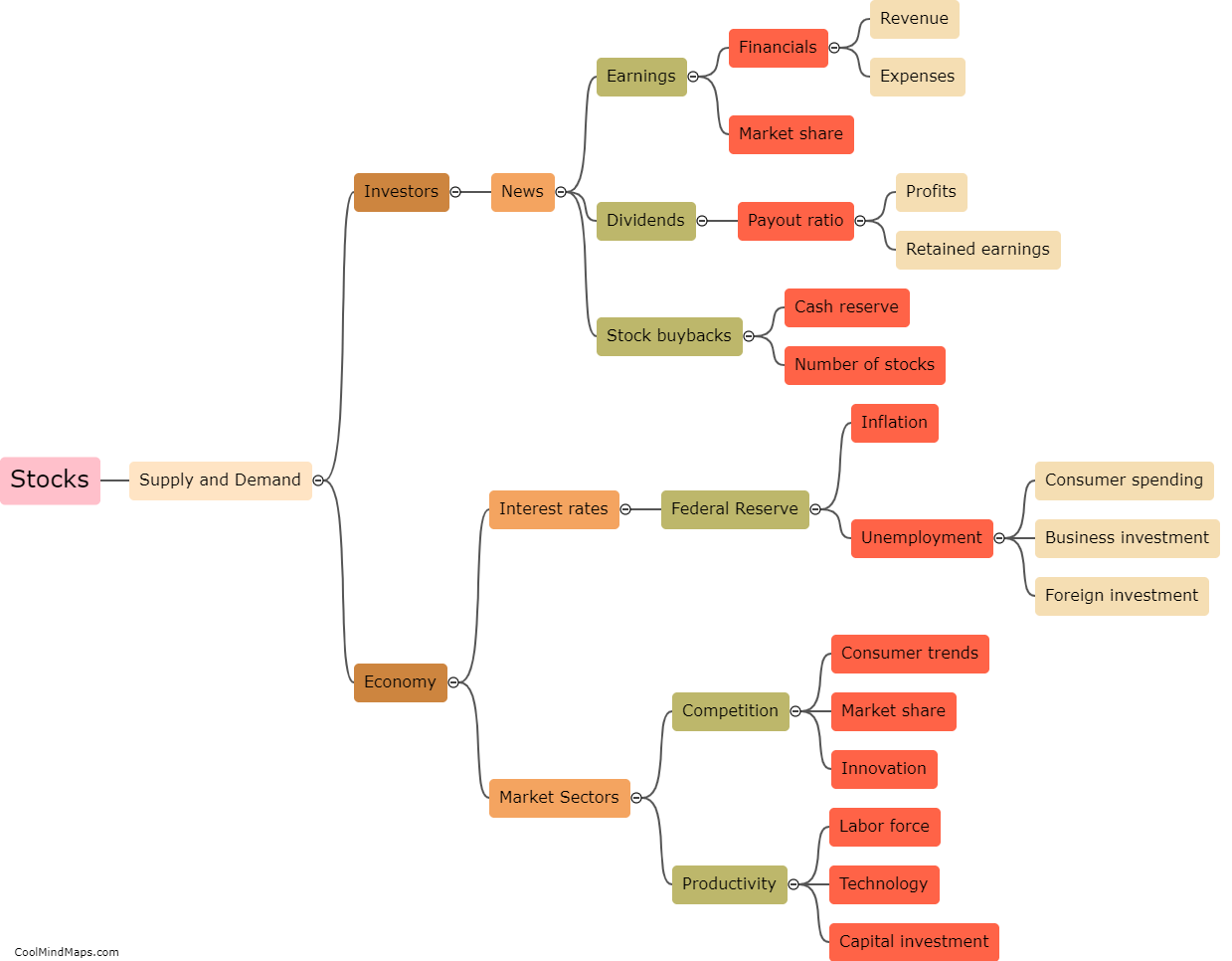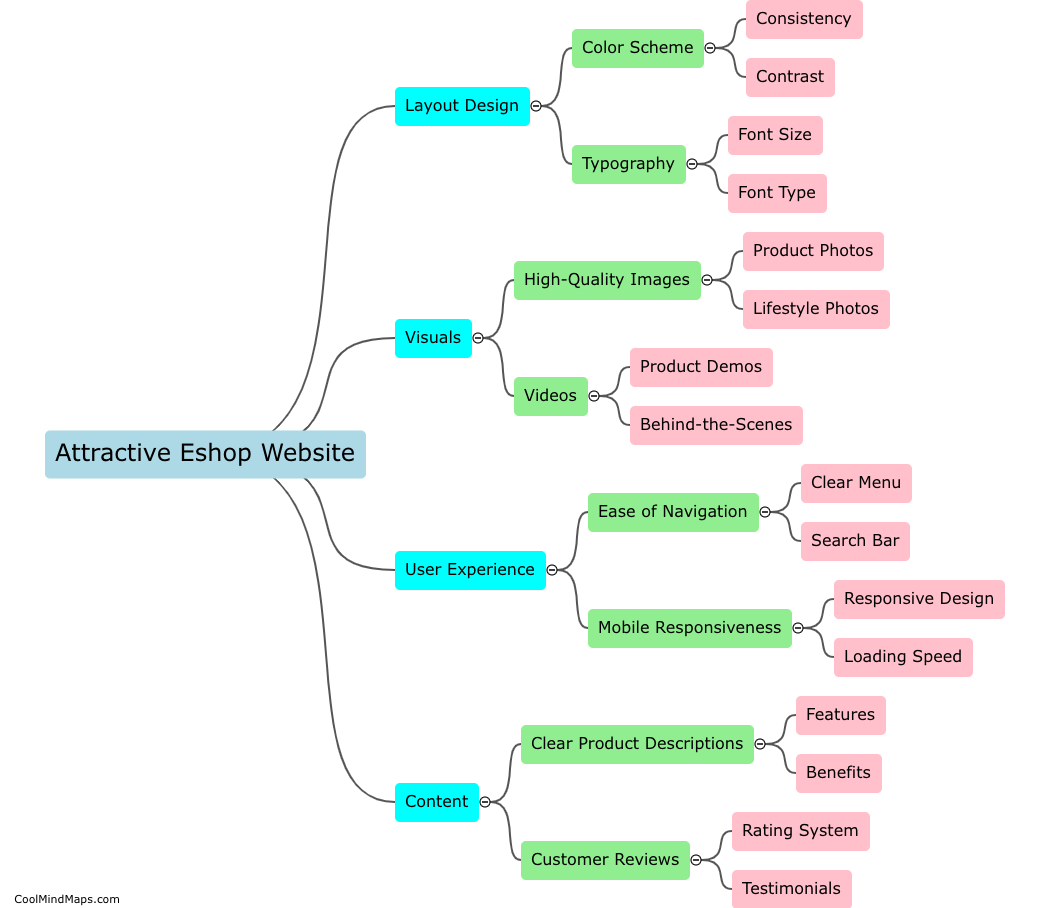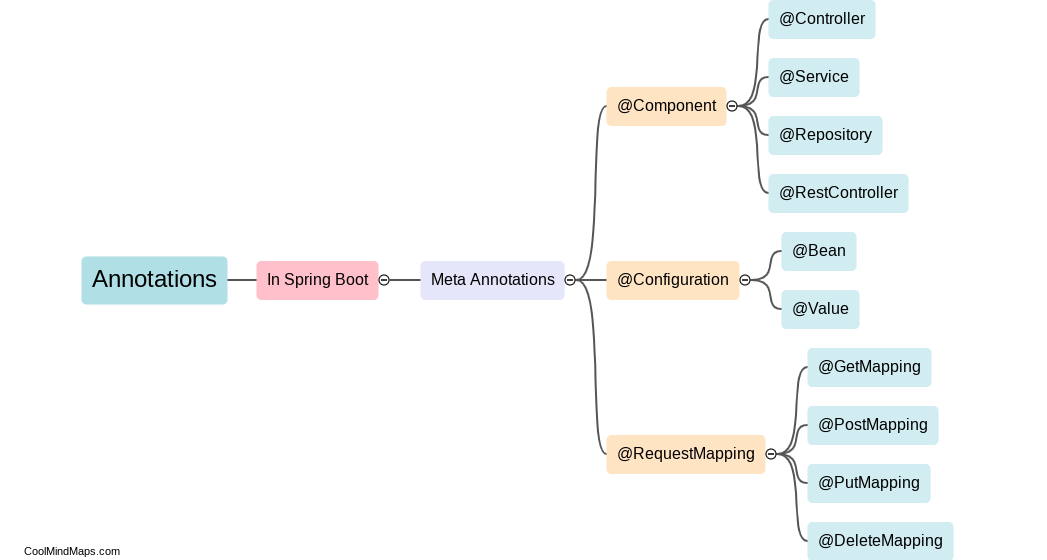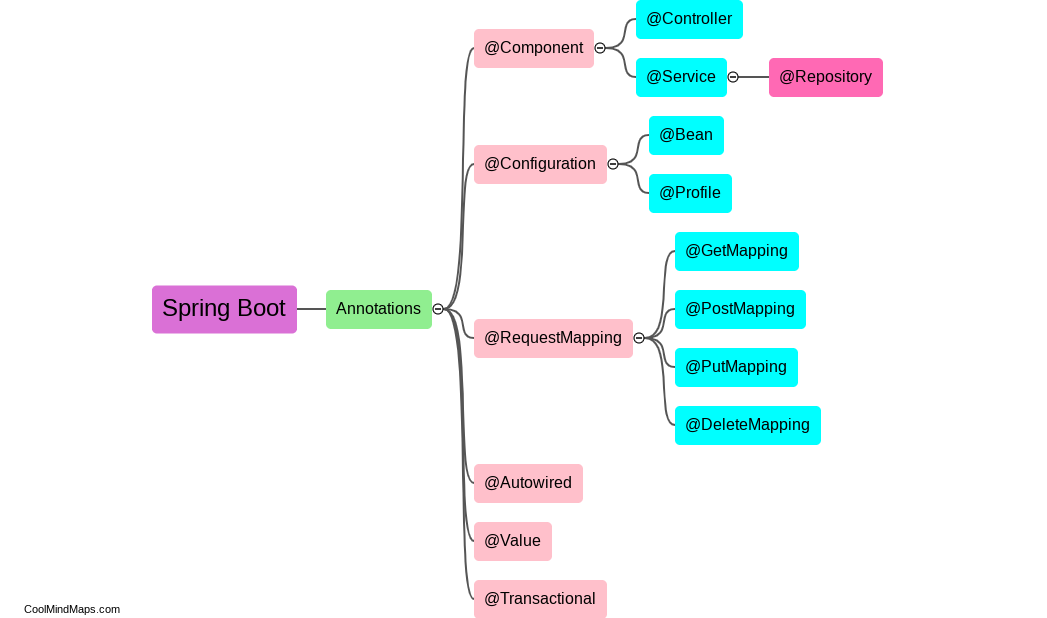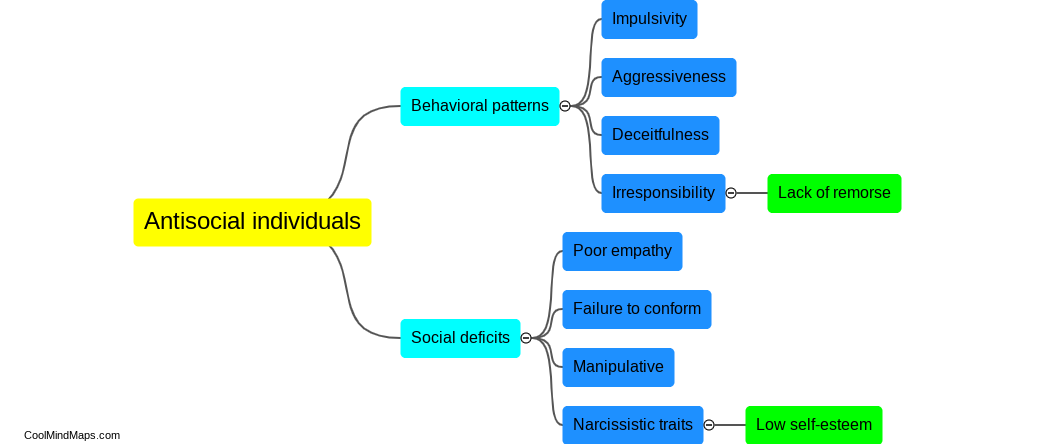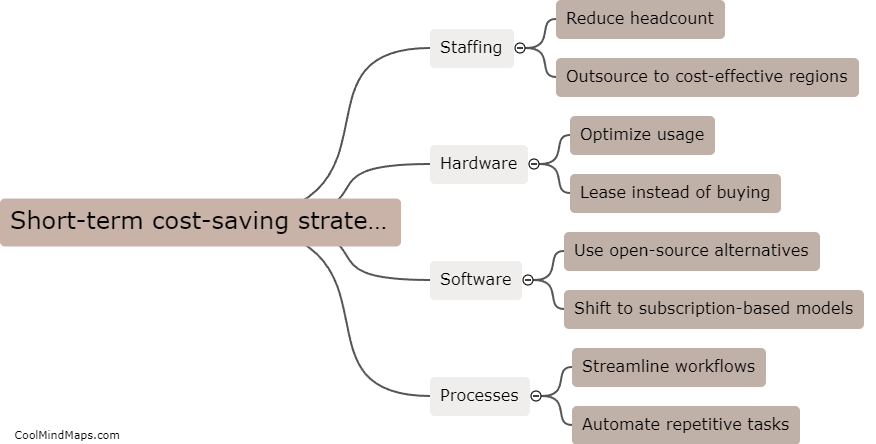How do different environmental cues affect our internal clock?
Our internal clock, also known as the circadian rhythm, is regulated by various environmental cues such as light, temperature, and social cues. The most influential of these cues is light, which interacts with the suprachiasmatic nucleus in the brain to synchronize the circadian rhythm to the natural 24-hour day. Temperature and social cues also play a role in modulating our internal clock. Temperature fluctuations can influence the timing of our sleep-wake cycle, while social cues such as meal times, work schedules, and social activities can entrain our circadian rhythm to the external world. The disruption of environmental cues can lead to circadian rhythm disorders, which can have negative effects on sleep quality, mood, and overall health.
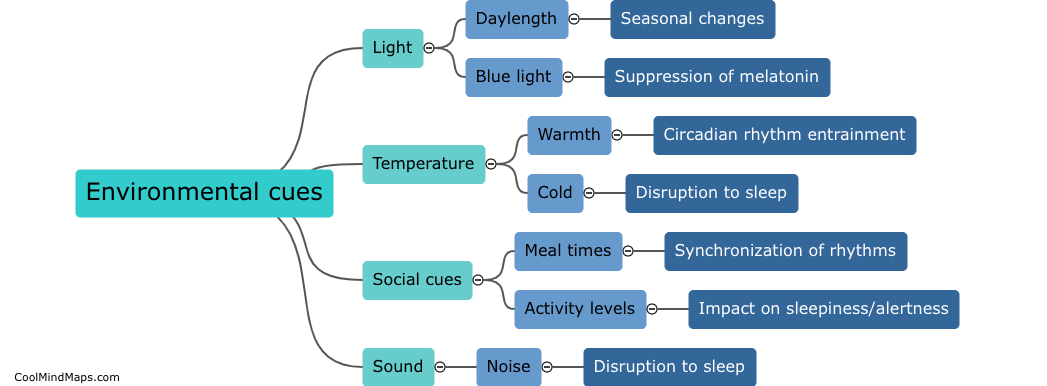
This mind map was published on 11 June 2023 and has been viewed 110 times.

